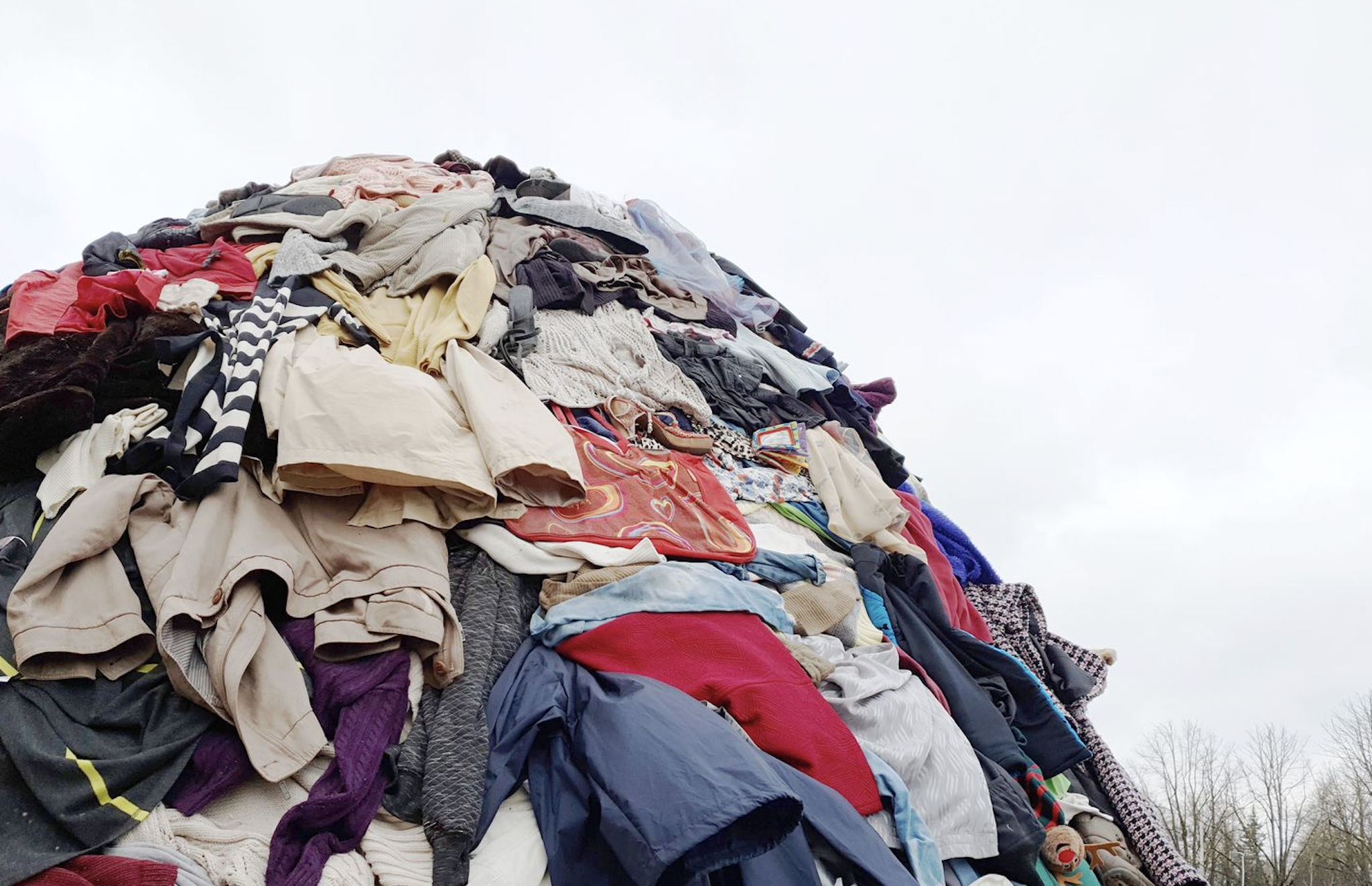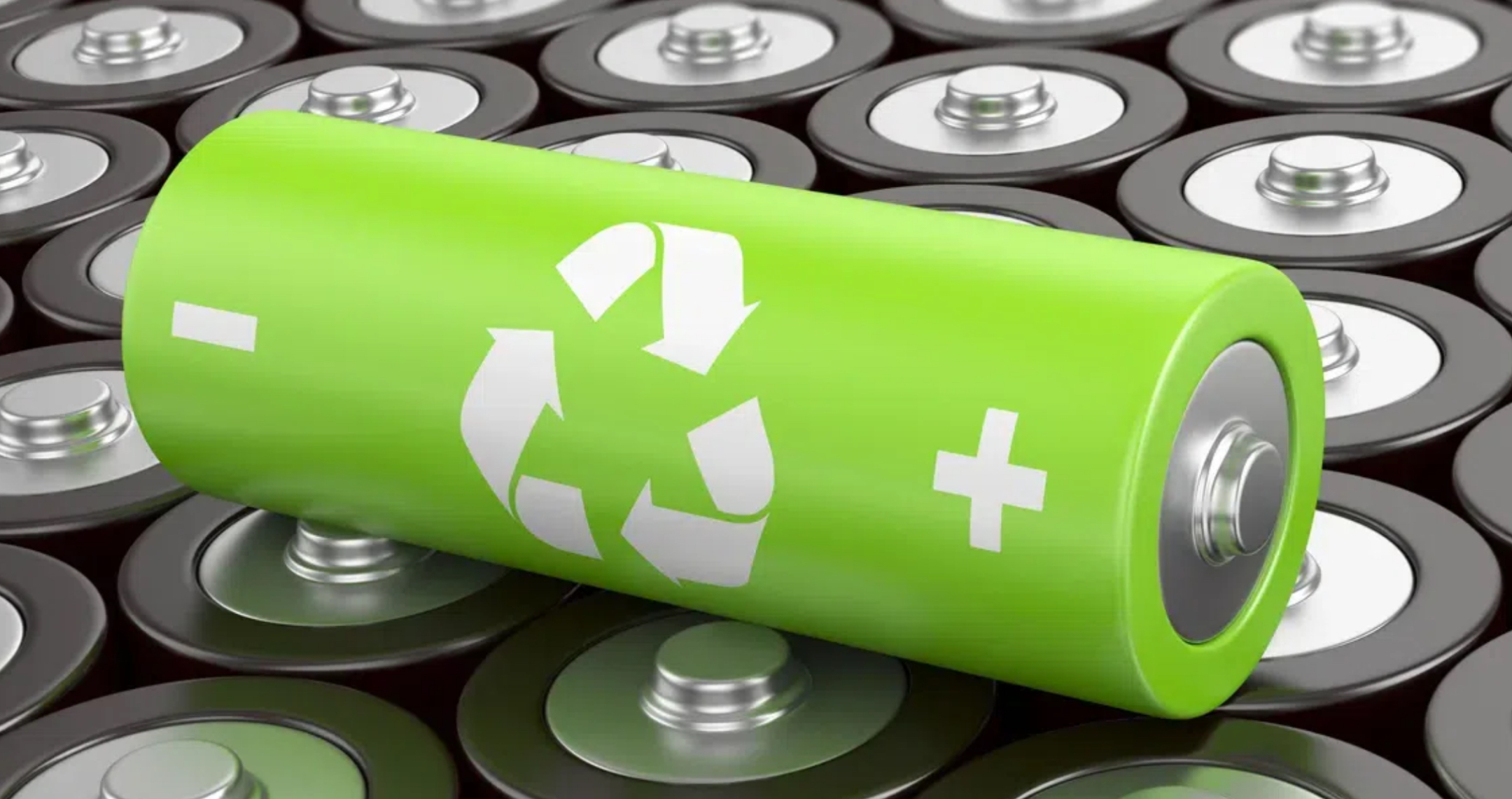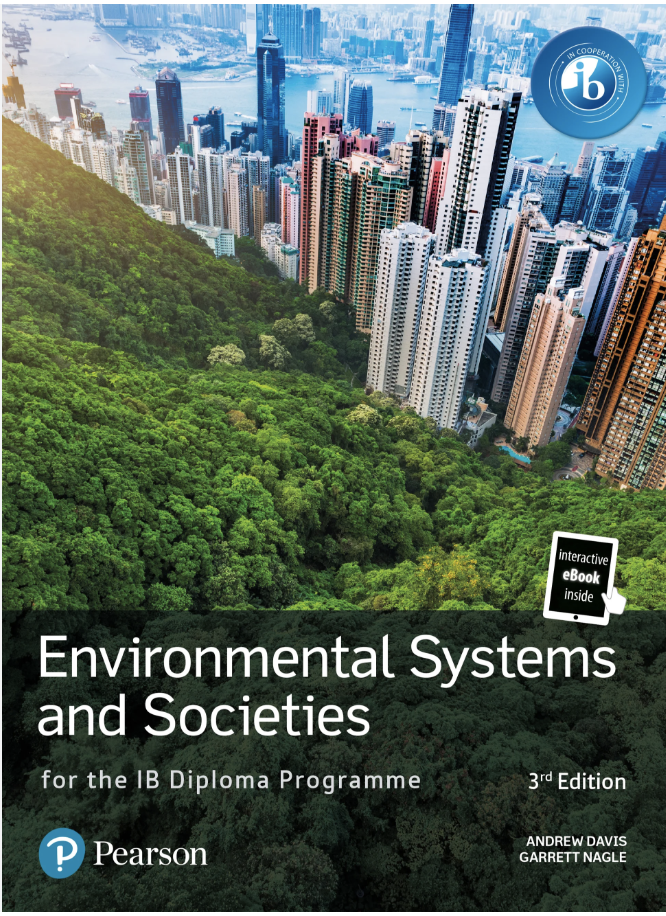By Michael Botti, Year 12
LGB’s Year 11 students have been exploring sustainability issues. Over the past couple of weeks, you will likely have seen their large placards around campus intended to raise awareness. One of the seven focus issues is the growing problem of “Fast Fashion” and textile waste.
This past October, I attended the Enactus World Cup in Utrecht, Netherlands. Enactus is a global network of universities dedicated to addressing the United Nations’ Sustainable Development Goals through social and environmental enterprises. The Enactus World Cup is a global competition where over 42,000 university students from across 32 countries present projects tackling social and environmental challenges. I witnessed brilliant initiatives, but one student team stood out for their novel solution to Fast Fashion waste. Monash University of Australia was a Top 4 Finalist in the Enactus World Cup for their textile waste tackling initiative, Cyrcle.
Cyrcle is a textile recycling start-up which transforms end-of-life textile waste into biodegradable plastic using an innovative chemical recycling process. The startup focuses on recycling end-of-life cotton textiles into a value-added product called activated carbon fiber (ACF). ACF is used in wastewater treatment to remove dyes and toxic substances, making polluted water safe for environmental discharge.
The Problem
Textile waste has become a global concern as its generation is increasing at an alarming rate. The textile and apparel industry has been expanding due to population growth, as well as rapid changes in fashion. In the past two decades, the textile industry has witnessed a twofold increase in its production, and on top of that, the global consumption of textiles has increased by the same amount, surging from 7 to 13 kg per person, crossing the threshold of 100 million tons per annum. It is anticipated that the demand for textile fibres will increase to 130 million tons by 2025, representing a 400% increase with a 4.3% annual growth rate. This upward trend in the textile industry has led to the generation of an extremely large amount of textile waste – over 75% ends up in landfills and incineration facilities. Donating your used clothes to charity is not the solution you may think it is. The poor textile quality of the fast fashion industry greatly impacts charity shops who are inundated with unsellable clothes, leading to a significant expenditure for them to dispose of these textiles. A Monash Sustainable Development Institute report has found an estimated six tons of textiles and clothing are dumped in Australian landfills every 10 minutes, with just one per cent of garments collected by overwhelmed charities being recycled.
The Solution
Cyrcle’s solution is to fundamentally transform end-of-life textiles into their usable, valuable raw materials. They are developing and scaling breakthrough technology that can digest pure cotton and poly-cotton blend textiles in an environmentally friendly, low cost, and efficient manner. They aim to achieve circularity by repurposing these raw materials into useful such as hydrogels and bioplastics. Being formed from a cellulosic input, their products are a sustainable alternative to traditional hydrogels and bioplastics, whilst diverting textiles away from landfill.
Impact
Cyrcle’s solution of recycling and repurposing textiles has a positive environmental impact as they are diverting textiles from landfill. Cyrcle also has an economic impact through the alleviation of end-of-life textiles from business, creation of new jobs and improving health outcomes in communities affected by textile and plastic waste. Cyrcle has great promise as a Fast Fashion textile recycling technology, however the better solution is to simply purchase less clothing and consume less resources.



